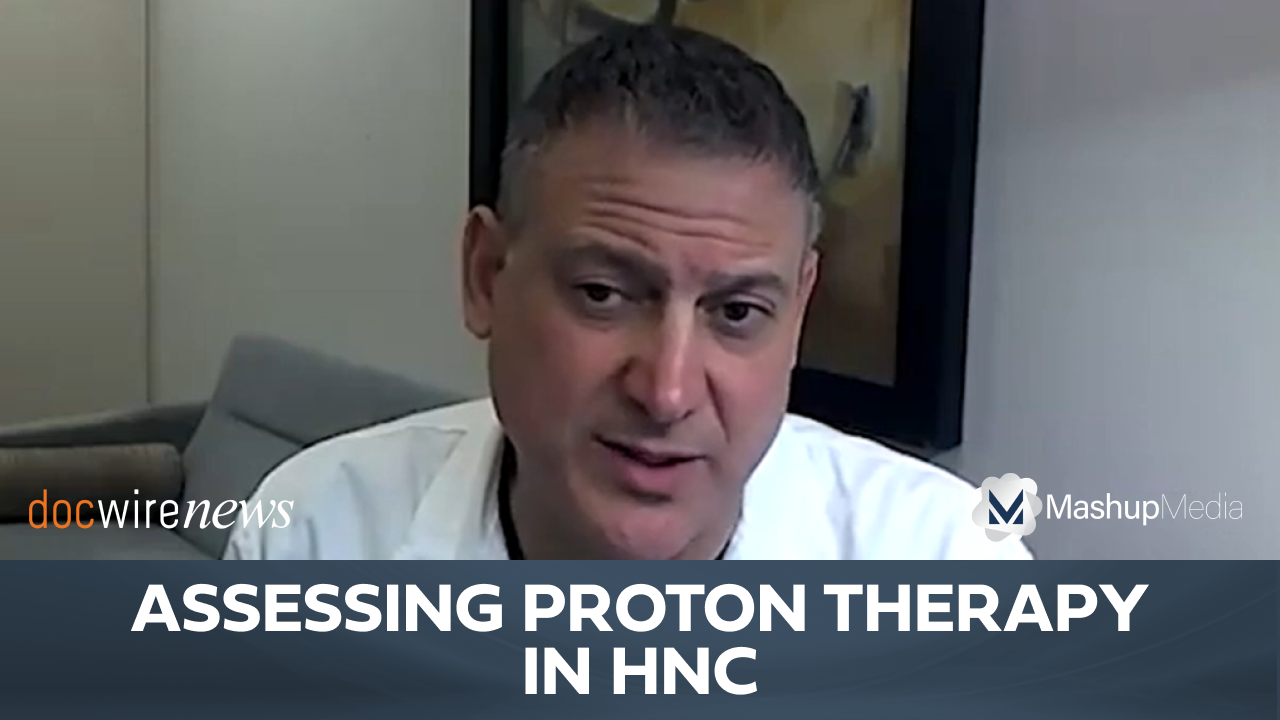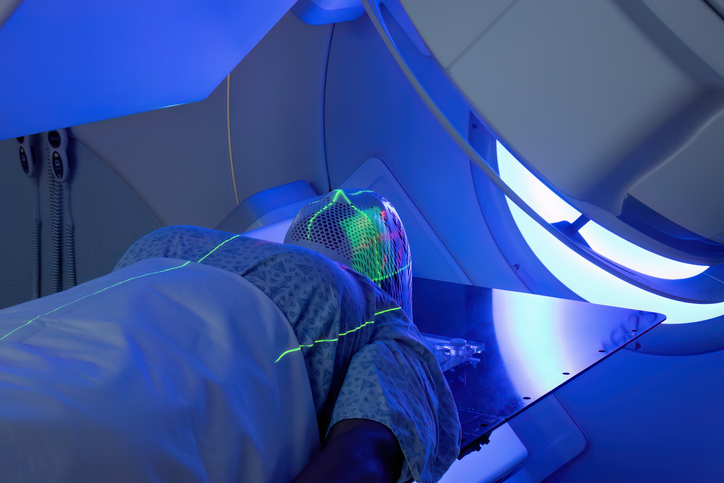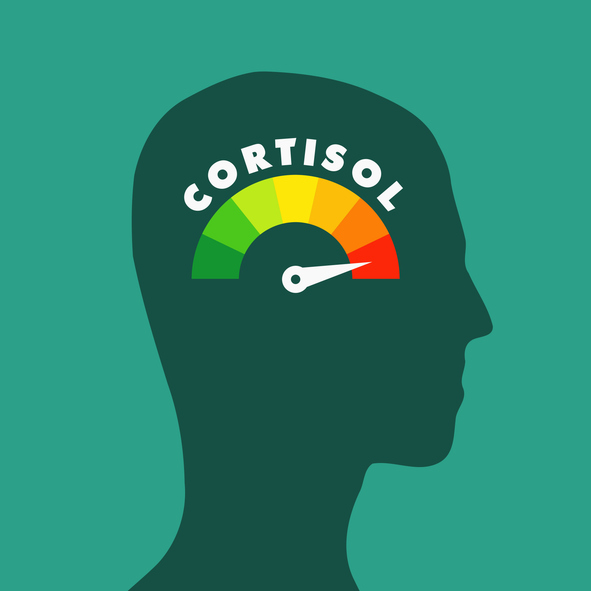
Veracyte, a genomic diagnostics company, recently released data demonstrating their genomic test’s ability to guide targeted treatment selection for patients with medullary thyroid cancer (MTC). This form of thyroid cancer is rare and aggressive; however, Veracyte’s Afirma® Xpression Atlas (XA) genomic test could significantly improve MTC management through a single, minimally invasive sample. These findings were presented June 1 at the American Society of Clinical Oncology (ASCO) Annual Meeting in Chicago.
Researchers leveraged the Afirma XA to sequence RNA from 90 thyroid fine needle aspiration samples, each having been diagnosed with MTC through the Afirma Genomic Sequencing Classifier (GSC). These samples were selected from nearly 30,000 sequential samples that were deemed either indeterminate or suspicious for cancer using conventional diagnostics.
Through this sequencing, Afirma XA identified gene variants or fusions in 74 percent of the MTC cases. The researchers noted that 99 percent of these cases had one or more variants or fusions (RET, KRAS, HRAS and/or BRAF alterations) that new drugs that are often designed to target. Two drugs presented at the ASCO 2019 Annual Meeting, BLU-667 and LOXO-292, are designed to target the RET variant.
“With the emergence of new molecularly targeted therapies for medullary thyroid cancer, molecular testing to identify the driver genomic mutations will be key to optimizing patient outcomes,” said Lori J. Wirth, M.D., medical director of the Center for Head and Neck Cancers at Massachusetts General Hospital, who presented the findings. “The potential to select targeted therapy at the time of diagnosis may be especially helpful for patients with advanced disease.”
Thyroid Cancer Diagnosis
It is estimated by the American Cancer Society that only 54,070 US citizens will be diagnosed with thyroid cancer in 2019; however, roughly 525,000 patients undergo fine needle aspiration biopsies a year to evaluate thyroid nodules. Approximately 30 percent of these biopsies yield indeterminate results, at which point the patient typically requires a diagnostic surgery even though 70-80 percent of the time these nodules are eventually found to be benign. With Veracyte’s new findings demonstrating the potential of their Afirma XA test, the system could potentially reduce the number of unnecessary operations being conducted on thyroid nodules.
READ MORE: AI Discovers Causes of Autism in Uncharted DNA
Veracyte created the Afirma GSC platform using machine learning AI and RNA whole-transcriptome sequencing. In addition to identifying those with MTC, the test also helps identify patients with benign thyroid nodules among those with inconclusive cytopathology results. In doing so, the test helps to prevent unnecessary diagnostic thyroid biopsies. Afirma GSC is already widely used in diagnosing thyroid cancers.
Afirma XA uses the same fine needle aspiration samples used in the Afirma GSC testing to show physicians the genomic alterations in these tissues. Included in the Afirma XA are 761 DNA variants and 130 RNA fusion partners in more than 500 genes tethered to thyroid cancers. The combination of Afirma XA and GSC gives healthcare providers a comprehensive solution to diagnosing and caring for patients with thyroid nodules.
More About Veracyte
Founded in 2008, Veracyte is San Francisco-based company that aims to create diagnostics to answer challenging clinical questions. Using genomic technologies alongside machine learning and clinical science, the company’s solutions inform both diagnostic and treatment decisions while eliminating expensive and unnecessary operations. Veracyte currently offers five genomic tests that apply to thyroid and lung cancers, as well as idiopathic pulmonary fibrosis.
Veracyte Announces New Data Showing Potential of Afirma Genomic Test to Guide Targeted Treatment for Medullary Thyroid Cancer Concurrent with Diagnosis https://t.co/aL6nn27EPF pic.twitter.com/cpDDwOBZ0Z
— Latest News from Business Wire (@NewsFromBW) June 1, 2019







 © 2025 Mashup Media, LLC, a Formedics Property. All Rights Reserved.
© 2025 Mashup Media, LLC, a Formedics Property. All Rights Reserved.